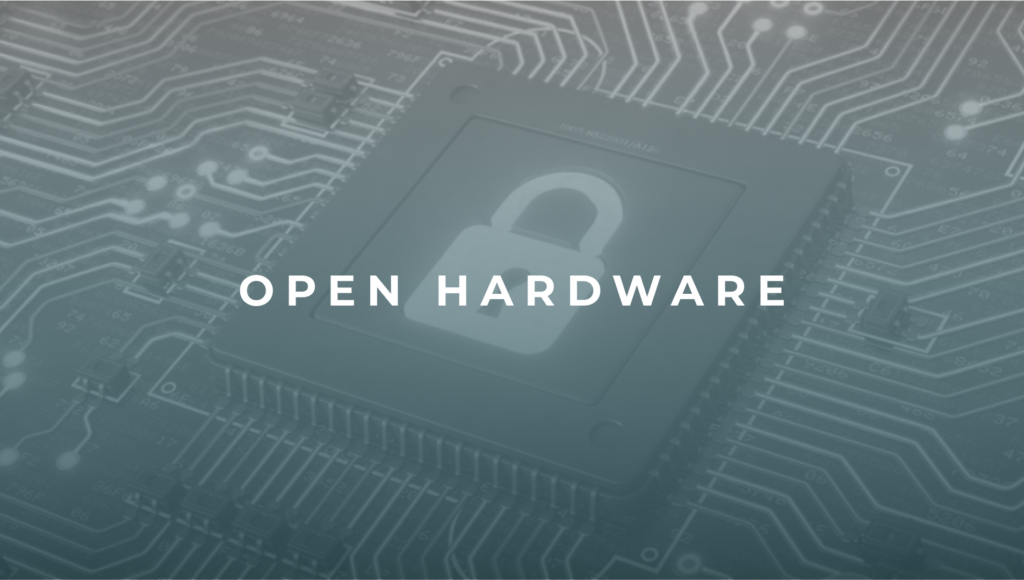
Our entire world is based on trust. We trust that our banks will safeguard our deposits; we trust that companies will keep our personal data private; we trust that governments will keep us safe.
But is this sustainable? Over the past decades our trust in critical institutions has slowly eroded. Irresponsible banking practices plunged us into repeated economic crises. Facebook and Google collect our personal data at an unprecedented scale, while repeatedly failing to implement sufficient safeguards against data breaches and leaks. And now, as the COVID-19 crisis progresses, our governments are working with tech companies to expand mass-surveillance capabilities.
The solution is clearly a sovereign Internet and financial system built on Bitcoin and other sovereign technologies. Bitcoin allows us to opt out of the existing system, transacting peer-to-peer without trusted third parties.
Open source makes Bitcoin possible. Without open source, there would be no way to independently verify that Bitcoin has a maximum supply of 21 million coins; there would be no way to understand how it functions. Without Bitcoin’s open source code, we would be forced to trust third parties. Open source is the bedrock of our emerging sovereign Internet.
At Foundation Devices, we strongly believe that open source software alone is insufficient – open software must run on open hardware. And while we’ve seen immense progress in the FOSS movement and Bitcoin, we’ve seen little progress in open hardware.
Hardware today is a web of proprietary intellectual property, non-disclosure agreements, and security-via-opaqueness. Want to know more about how that hardware wallet keeping your Bitcoin safe? Sign that NDA and learn about that EAL5+ security certification and proprietary operating system!

This opaque hardware security model may be fine for your passport or credit card. But with the rise of Bitcoin and cryptocurriencies, for the first time ever real money can be stolen without any recourse. No bank or credit card company can reverse a Bitcoin transaction. No government will provide your Bitcoin wallet with FDIC insurance.
If an employee at Ledger adds a vulnerability to the proprietary, closed source firmware running on the STMicroelectronics (STM) security chip, your funds could be stolen. If a security researcher discovers a vulnerability in the STM security chip, you will not be notified without signing an NDA. If a government works with STM to insert a backdoor into their security chip, you will never know.
With Bitcoin’s market cap at around $160B, there are minimal incentives for our institutions to misbehave. But what about at a $1T market cap? $10T? The incentives continue to grow, and it is inevitable that companies and governments will attempt to compromise Bitcoin hardware in this decade.
And what about when every device is transacting with Bitcoin, sending machine-to-machine micropayments? What happens when our entire economy is built on Bitcoin? Every device – from cellphones to laundry machines – becomes a hardware wallet.
Closed, trusted hardware security models no longer work in a Bitcoin world!
So what do we do? We build open source hardware. We start by designing products with more trustable components, assembled in a more trustable USA-based facility. We produce open source, legible circuit schematics using a respected license like CERN’s Open Hardware License. We publish all firmware as open source under MIT or GPL3 licenses. We clearly identify the components that require trust, such as the processor and secure element, and we work to source or build our own components that are more open and trustable.
In addition to emphasizing open source, we deliver great design and UX. We make open hardware with mass-consumer appeal. We prove that open hardware can be beautiful, intuitive, approachable. We demonstrate that open hardware can sell!
We start with a hardware wallet and move to other critical products. We build the open hardware foundation for Bitcoin and the sovereign Internet.